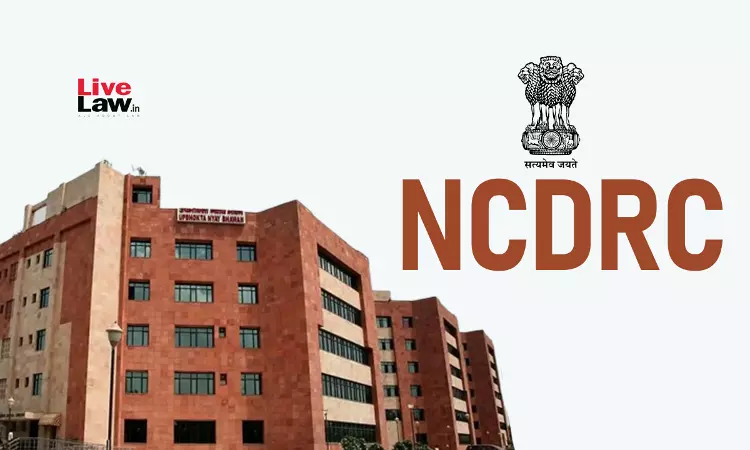Next Story
10 Oct 2024 6:00 PM IST
The National Consumer Disputes Redressal Commission, presided by AVM J. Rajendra, dismissed a petition against Life Insurance Corporation and held that the proposer must reveal all significant information that impacts the insurer's risk evaluation; failing to do the same can render the policy voidable at the option of the insurer. Brief Facts of the Case The complainants...

